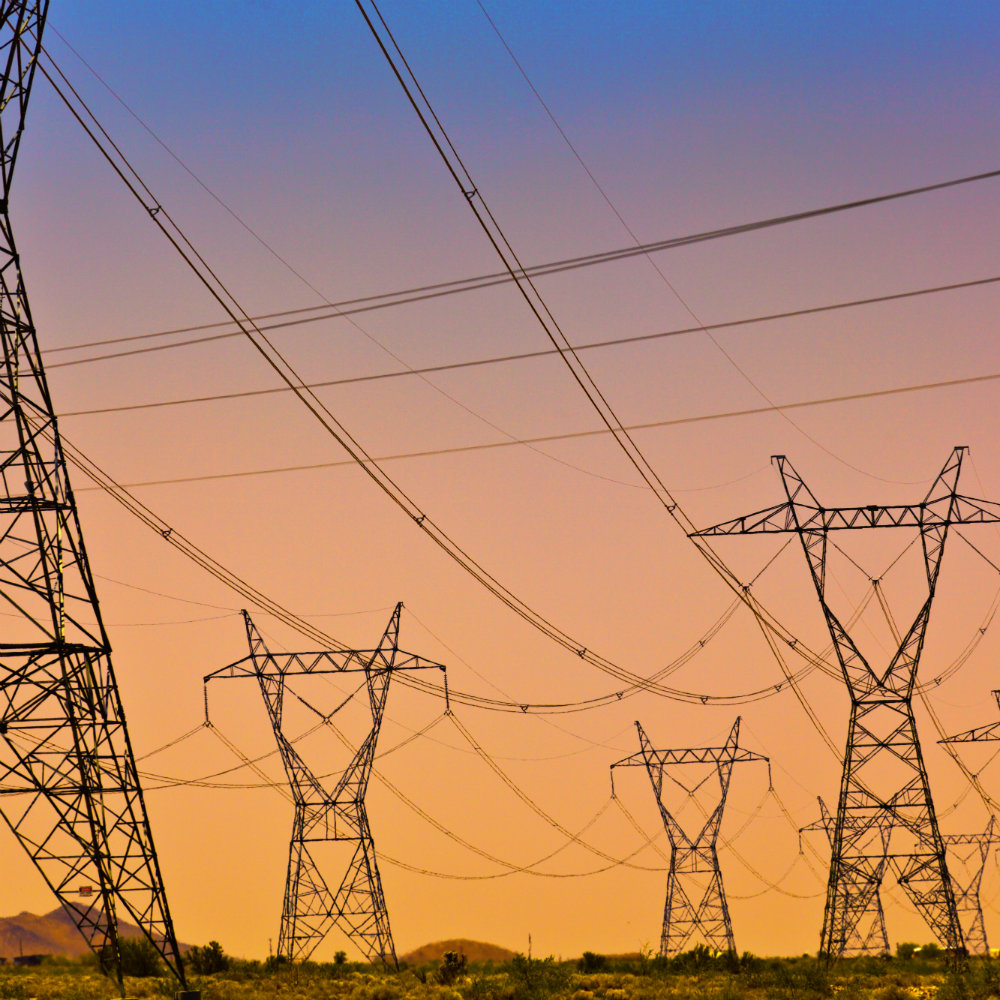The European Union (EU) is grappling with rising electricity prices, with recent events highlighting the complexities of its interconnected energy market. On December 12, 2024, Germany experienced a significant surge in electricity prices due to a “Dunkelflaute”—a period characterized by minimal wind and solar power generation. This shortfall led Germany to import electricity from neighboring countries, causing price spikes across the region.
Understanding ‘Dunkelflaute’
“Dunkelflaute,” or “dark doldrums,” refers to periods when renewable energy sources like wind and solar produce minimal output due to unfavorable weather conditions. During such times, countries reliant on renewables may need to import electricity generated from fossil fuels or nuclear power, leading to increased costs and highlighting the challenges of energy dependence.
Implications for the EU Energy Market
The incident on December 12 underscores the volatility that can arise from the EU’s interconnected energy grid. When a major economy like Germany faces an energy shortfall, it can affect electricity prices across the continent. This situation has prompted discussions about the need for more coordinated energy policies within the EU to mitigate such disruptions and ensure energy security.
Calls for Market Reforms
In response to these challenges, some EU member states are advocating for reforms to the current energy market structure. For instance, Sweden has indicated its willingness to approve the Hansa PowerBridge project—a 700-megawatt power cable connecting Germany and southern Sweden—provided Germany reforms its electricity market. Swedish Energy Minister Ebba Busch emphasized the need for Germany to reconfigure its market into bidding zones to improve network efficiency and reduce electricity prices.
The Path Forward
To address these challenges, the EU is exploring several strategies:
- Diversifying Energy Sources: Investing in a mix of renewable energy sources, along with backup systems, to reduce dependence on any single energy type.
- Enhancing Grid Infrastructure: Improving cross-border energy infrastructure to facilitate efficient electricity distribution and mitigate regional price disparities.
- Implementing Market Reforms: Considering reforms to the energy market, such as creating bidding zones, to enhance efficiency and price stability.
By pursuing these measures, the EU aims to create a more resilient and coordinated energy market capable of withstanding the challenges posed by fluctuating renewable energy outputs and ensuring stable electricity prices for consumers across the continent.





